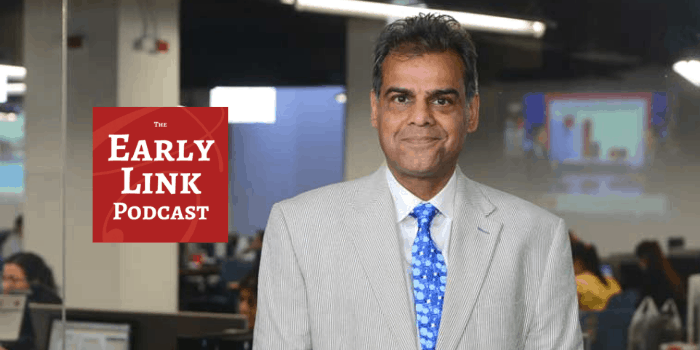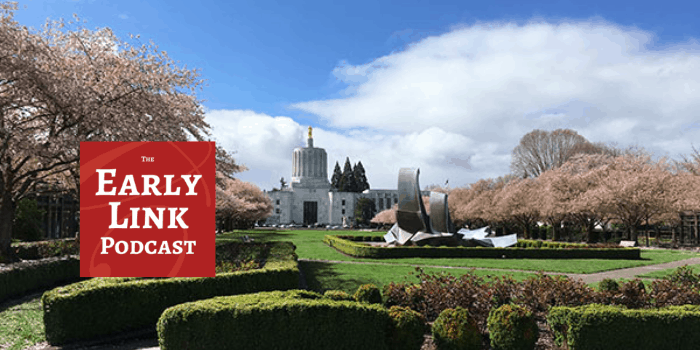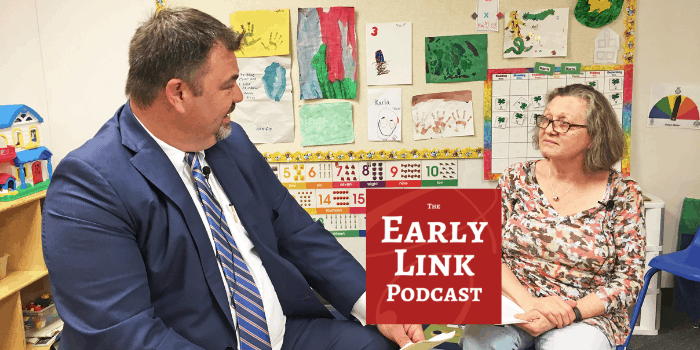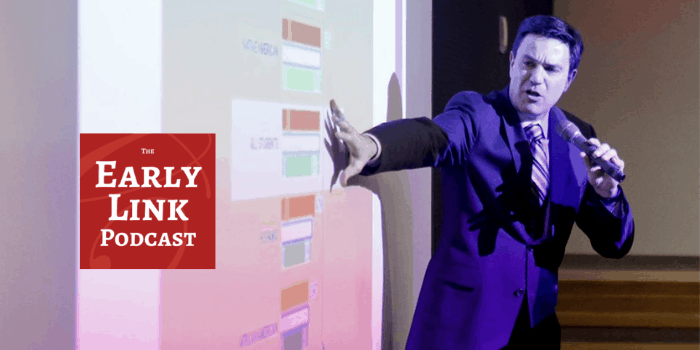
Ajay Chaudry on Combating Inequality Through Early Care and Education

Ajay Chaudry was the Deputy Assistant Secretary for Human Services Policy in the US Department of Health and Human Services. Prior to that appointment in the Obama administration, Dr. Chaudry was a Senior Fellow and Director of the Center on Labor, Human Services, and Population at the Urban Institute in Washington, DC. He has led public policy research focused on child poverty, child well-being and development, human service programs in the social safety net, and the early childhood care system for young children. Dr. Chaudry is also an author of the book Cradle to Kindergarten: A New Plan to Combat Inequality.
In this episode of the Early Link Podcast, we spoke with Dr. Chaudry about America’s early childhood crisis and how Oregon compares when it comes to supporting working families with young children. According to Dr. Chaudry, child care subsidies in Oregon reach only 11 percent of families who are eligible for them under federal guidelines. On top of that, we have some of the highest co-pays in the country, meaning families can’t afford child care even after receiving subsidies.
The Oregon state legislature is currently considering several bills to address our child care crisis. House Bill 2346 would establish a child care task force to develop recommendations on how to improve our child care system, while HB 2348 would reduce child care subsidy co-pays so that recipients pay no more than 7 percent of their household income toward care. (This recommendation is in line with Senator Elizabeth Warren’s plan to create a universal child care system that would provide free care for families living below 200 percent of the federal poverty level and cap expenditures at 7 percent of income for all other families.) Both bills are currently being considered by the Joint Committee On Ways and Means.






















